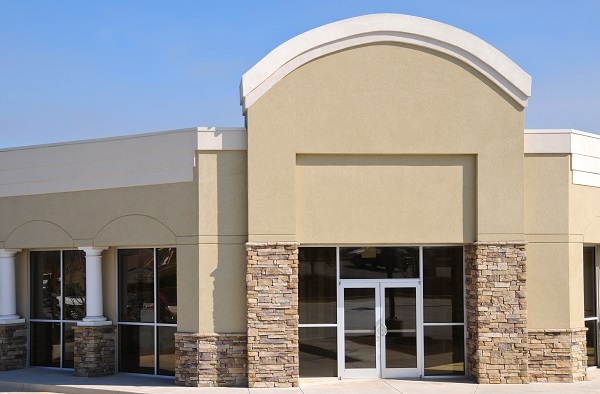
If you are a business owner in an area populated by other companies and entrepreneurs who are renting space with long-term commercial leases, then you are probably familiar with the talk that ensues when someone new ‘moves in.’ How much they are paying for rent, how much space they are taking, and the length of their lease is often a source of great curiosity. For most of us, this is the case because we are wondering whether or not we got a good deal, and whether we asked for enough in negotiations.
You may have heard instances of franchisees scoring 20-year leases in strip malls, with landlords still handling expenses such as initial remodeling, HVAC repairs, or replacements on major components in the future. These long-term leases may work very well for everyone involved when both parties continue to thrive in their current locations. If communication is good from the beginning and the terms of the lease are realistic, there should be few problems—depending on everyone living up to their responsibilities in terms of payments, upkeep, and repairs.
Assuming the landlord is a stable real-estate investor, most likely they stand to benefit the most, considering the climate for retail and storefront businesses, as well as restaurants. You may have noticed though that businesses tend to come and go while owners and leasing companies tend to stick around—especially when they are local, with the property handed down through different generations of family as the years pass. And make no mistake, most companies or individuals in charge of leasing would like a longer term.
If you are new business owner just getting ready to sign a lease, keep in mind that there are probably plenty of other options. Although you may have your heart set on one location, chances are you could succeed just as well—or even better—if you had to sign a lease elsewhere. This means that you do not need to acquiesce to everything the landlord asks for in the lease, and especially if you are giving them the gift of a promising business lease over the long term. This becomes a win when you protect yourself as well, asking for concessions that will help you over the years such as help with up-fitting later, and more. Make sure to request a clause stating that new tenants will not be in competition with you. If you are having to retrofit the property significantly (or possibly even gutting it) before moving in, consider asking for discounted or free rent for one or more months—or for an allowance related to construction and remodeling.
Also, when presented with options such as the triple or double net lease, or one that requires you to pay depending on percentages or square feet, make sure you have a realistic view of your potential income level—and that you can afford what is being asked of you. As you find yourself engaged in the challenge of daily business life, the last thing you will want to deal with later is a landlord dispute; however, issues may arise over the years. If so, contact an experienced landlord/tenant and business litigation attorney like Shane Coons. Call 949-333-0900 or email us at Shane.Coons@seclawoffices.com
We can review your case, answer your questions, and help you decide how to move forward. We are here to help!
